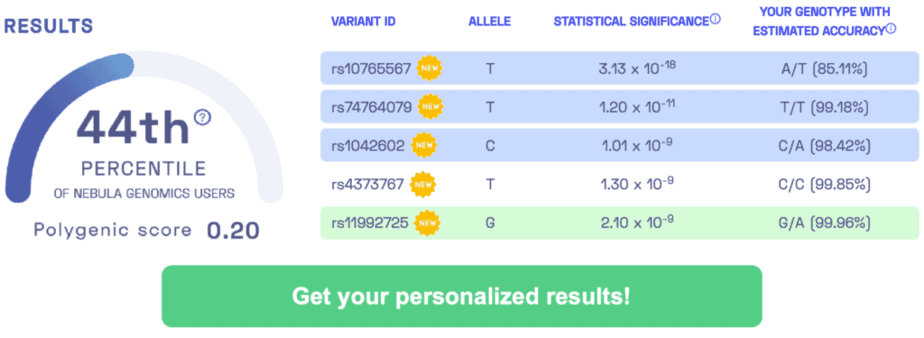STUDY TITLE: Insights into malaria susceptibility using genome-wide data on 17,000 individuals from Africa, Asia and Oceania
SUMMARY: Identification of 5 genomic loci associated with resistance to severe malaria.
OVERVIEW: Malaria is a disease caused by parasites transmitted via mosquito bites. Typical symptoms are chills, high fever and, in severe cases, organ failure. The World Health Organization estimated 219 million malaria cases in 2017, with the estimated number of deaths totaling 435,000. This study sought to identify genomic regions associated with resistance to severe malaria. Using DNA from over 17,000 individuals from Africa, Asia, and Oceania, researchers identified 5 genetic variants. Collectively, these variants explain roughly 10% of the heritability of resistance to severe malaria. One of the identified genetic variants is located in the ATP2B4 gene, which appears to play a role in the infection of red blood cells with malaria parasites.
DID YOU KNOW? Sickle cell disease is an inherited blood disorder that is characterized by red blood cells that can take a sickle-like shape. While sickle cell disease can lead to various health problems, it also provides natural resistance against malaria. [SOURCE]
SAMPLE RESULTS: Learn more about the Nebula Research Library.

ANALYZED VARIANTS: rs334, rs8176719, rs567544458, rs4951377, rs62418762
ADDITIONAL RESOURCES:
Malaria life cycle (Video)
WEEKLY UPDATE: January 3, 2020
